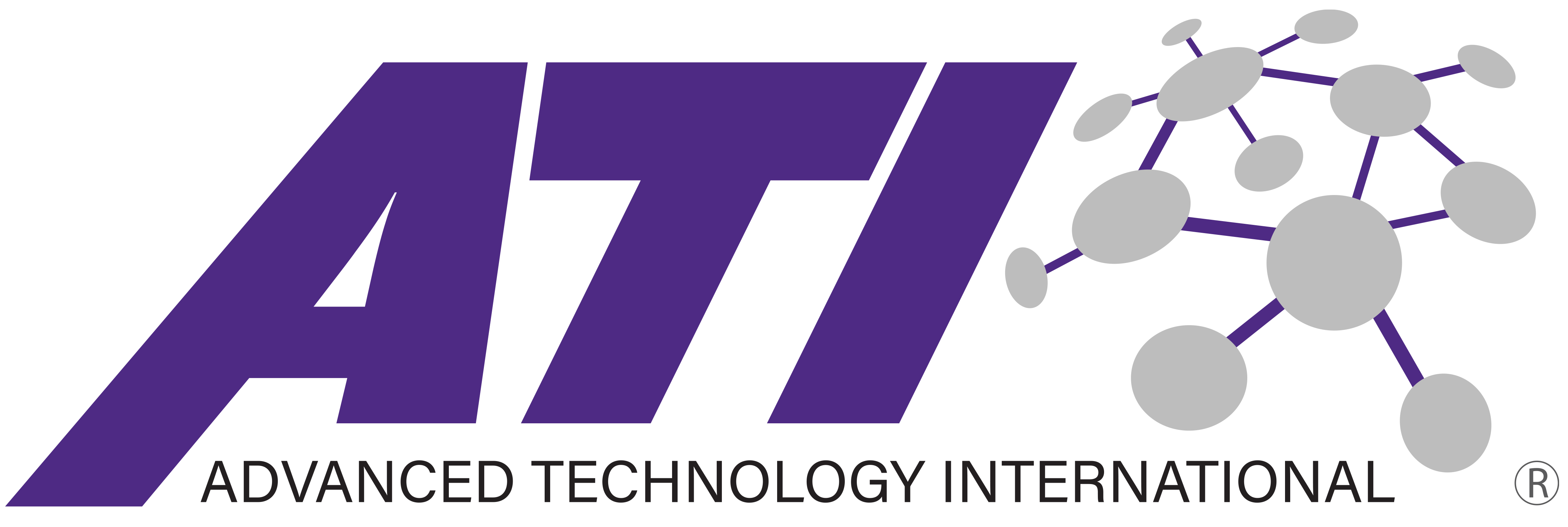Project Participants: General Dynamics Bath Iron Works
Project Start: May 2018
As shipbuilding demands increase, the complexity and quantity of individual fabrication components seem to increase exponentially as well. This constantly increasing quantity of shipbuilding components has resulted in material tracking and locating hurdles that require resolution to enable continued efficient and timely construction practices. General Dynamics – Bath Iron Works (BIW) is investigating opportunities to address material tracking and locating concerns through the RFID Part Delivery Tracking and Visibility project by integrating RFID tracking into material handling processes and incorporating material statusing and location details into BIW’s MRP system. The utilization of RFID to provide material status and location details available through the MRP system at BIW is expected to significantly reduce material location requirements imposed in the current processes and better enable BIW to meet production schedules as future shipbuilding demands continue to increase.
Accounting for an estimated 50% of total construction costs, material management activities are one of the key cost drivers in shipbuilding construction processes. Additionally, difficulties in capturing equipment status and the absence of real-time location information frequently leads to errors that further disrupt delivery efforts and commonly result in downstream delays of production schedules. Capturing, maintaining and utilizing material and equipment location data is a complex process within the shipbuilding environment due to a variety of factors, including severe weather conditions, constantly shifting priorities, and limitations on vacant storage areas within the shipyard. These and other challenges frequently result in the need for materials, planning and production organizations to assign unplanned labor to properly status and locate material throughout the shipyard.
Through the RFID Part Delivery Tracking and Visibility project, BIW plans to demonstrate the effectiveness of utilizing RFID technology to capture material location and status information, and identifying opportunities where integration of the technology can be applied to best optimize material locating and delivery processes. The incorporation of RFID technology into shipyard facilities as well as shipboard spaces is expected to result in a 40% reduction of both statusing/locating as well as repeat fabrication/procurement activities. Following full implementation in late 2020, the optimized material handling process at BIW in anticipated to produce a per-year savings of $1.06M and a 5-year savings of $5.3M.




